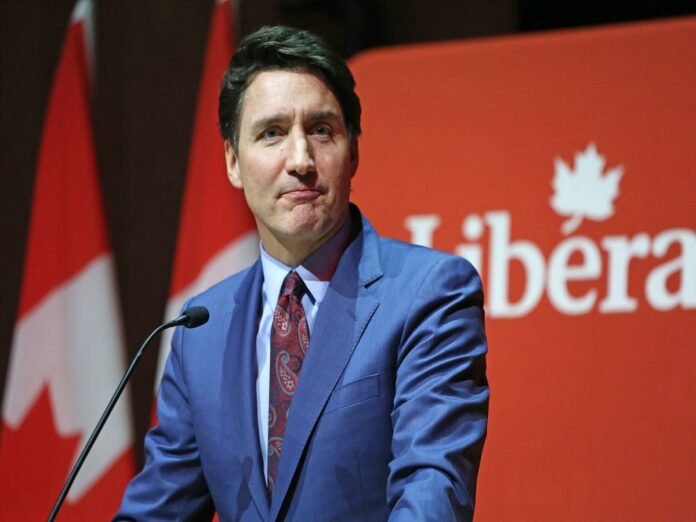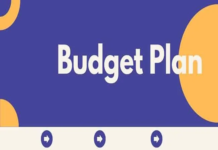
Introduction:
In a surprising turn of events, Canadian Prime Minister Justin Trudeau resigns reportedly speaking about stepping down from his role, signaling the end of an era marked by political unrest and public dissatisfaction.
With mounting pressure from within his own Liberal Party and escalating discontent among citizens, Trudeau’s tenure seems to be coming to a dramatic close. Let’s explore the reasons behind this decision, the reactions it has sparked, and what it means for Canada going forward.
Increasing Demand on Trudeau
Internal Party Pressure
-
Party dissent: Trudeau’s party members have been critical of his leadership, with several prominent figures openly calling for his resignation. Notably, a signature campaign to remove him gained a lot of traction, with 20-25 MPs reportedly supporting it.
-
Ministerial resignations: The resignation of key ministers such as Chrystia Freeland, the Finance Minister, and the Housing Minister further weakened Trudeau’s standing. Freeland’s sudden departure just before presenting the national budget raised eyebrows and created a leadership vacuum.
Public Dissatisfaction
- Housing crisis: Canada’s middle class, once able to afford homes comfortably, now struggles with an ever-widening gap between housing demand and supply.
- Food crisis: The rise in food bank usage across major cities like Toronto and Ottawa has painted a grim picture of Canada’s economic health. Citizens facing such dire circumstances have grown increasingly frustrated with Trudeau’s policies.
- Immigration concerns: An inflow of immigrants has stirred debate, with many Canadians questioning the government’s ability to manage resources effectively.
Foreign Relations and Khalistan Controversy
Trudeau’s perceived soft stance on Khalistanis elements in Canada has been a long-standing issue. Critics argue that his policies have fuelled unrest, leading to gang wars, drug deals, and contract killings in Canadian cities.
Moreover, his accusations against India regarding the killing of Hardeep Singh Nijjar—without providing concrete evidence—have strained Canada-India relations. While Trudeau faced backlash from the opposition in Canada, India’s government demanded proof, highlighting Trudeau’s diplomatic missteps.
Key Issues with Khalistanis
-
Gang Wars and Criminal Activities:
The inflow of Khalistani elements led to increased gang violence, drug trafficking, and contract killings.
-
Strained India-Canada Relations:
Trudeau’s accusations against India over the killing of Khalistani leader Nijjar worsened diplomatic ties.
-
Public Backlash:
Many Canadians, especially white citizens, questioned the unchecked immigration policies that allowed Khalistani supporters to gain influence.
Trump’s Comments Add Fuel to the Fire
Former U.S. President Donald Trump, known for his provocative remarks, weighed in on Canada’s situation. Trump reportedly suggested making Canada the 51st state of the United States and appointing Trudeau as Governor. Though made in jest, Trump’s comments reflect the deteriorating perception of Canada’s leadership on the global stage.
Key Issues Leading to Trudeau’s Fall
Economic Challenges
-
Inflation and rising costs
The skyrocketing cost of living, coupled with stagnant wages, has made life increasingly difficult for ordinary Canadians.
-
Real estate woes: With housing prices beyond reach for many, Trudeau’s government faced criticism for failing to address the crisis effectively.
Immigration Policy Backlash
- Canada’s liberal immigration policies, once praised for their inclusivity, are now under scrutiny. Critics argue that the policies have contributed to the economic strain, with inadequate infrastructure to support the growing population.
Khalistan Issue and Security Concerns
- The inflow of Khalistani elements and the resulting rise in criminal activities have left citizens worried about safety and security. Trudeau’s alleged support for such groups has been a significant point of contention.
What’s Next for Canada?
With Trudeau resigns likely to step down, speculation is rife about his successor. While several names have been floated, political analysts believe the next leader will adopt a more cautious approach, particularly regarding immigration and foreign policy.
-
Potential shift in policies: The new government is expected to review Canada’s immigration laws, ensuring a balance between inclusivity and resource management.
-
Stronger India relations: Given the backlash Trudeau faced over his handling of the India controversy, the incoming administration may prioritize mending ties with India.
Conclusion
Justin Trudeau’s resign a pivotal moment in Canadian politics. His decade-long leadership, once celebrated for its progressive ideals, has ended under a cloud of criticism and controversy.
As Canada braces for a new chapter, much will depend on the ability of the next government to address pressing economic challenges, manage immigration effectively, and restore the country’s global standing.
For now, Canadians await the dawn of a new political era, hopeful for stability and prosperity. With Trump’s comments adding a layer of intrigue and global attention, it remains to be seen how Canada navigates these turbulent waters in the days ahead.
Image credit: Investopedia









































